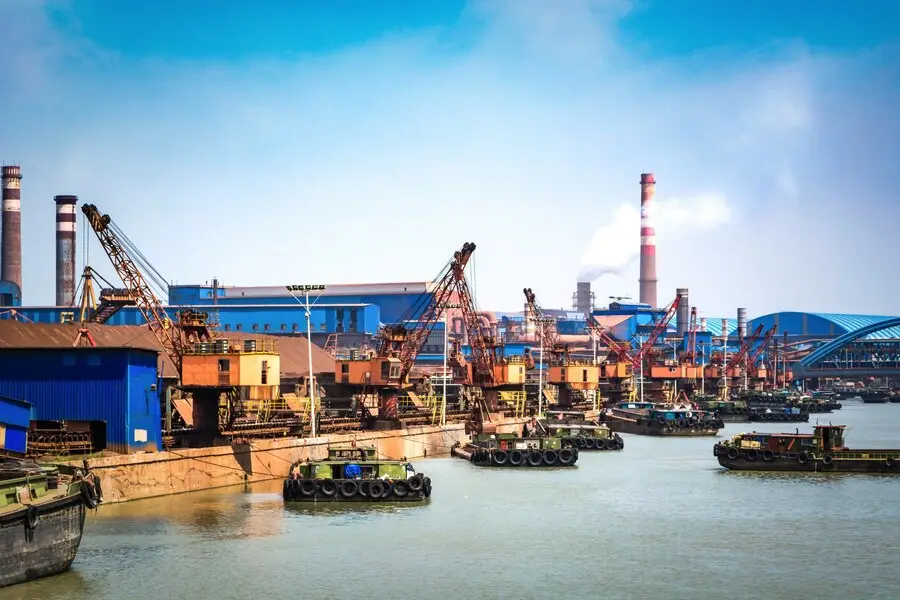Transparency in the Asian Commodities Market
Following the collapse of commodities giants Agritrade International Pte Ltd (“Agritrade”) and Hin Leong Trading (“Hin Leong”), the fragility of the commodities market became painfully clear, with financiers, banks and traders alike scrambling to secure cargo amounting to millions in trade financing.
In the aftermath of the fall-out amidst criminal charges being contemplated and made against key personnel in both Agritrade and Hin Leong, the trade finance sector issued a Code of Best Practices – Commodity Financing (the “Code”)[1] to articulate key principles governing prudent commodity trade financing practices that financial institutions regulated by MAS should be guided by.
The Code seeks to reign in errant lending, uphold the integrity of the commodity trading sector and promote accountability amongst Lenders, and covers best practices in five main areas, summarized as follows:
Corporate Governance: Good corporate governance facilitates appropriate management and conduct of the business and affairs of Traders and will better achieve accountability and transparency. Lenders should consider Traders’ corporate governance policies and practices for credit risk assessments.
Risk Management: Risk management serves to ensure that appropriate policies and controls are adopted to effectively manage identified risks. Lenders should consider Traders’ risk management policies and practices for credit risk assessments.
Business Due Diligence: Lenders should conduct regular business due diligence to obtain comprehensive information on Traders’ operations, business and relevant aspects relating to commodity trade financing for credit risk assessment and mitigation purposes.
Transparency and Control: On a transactional level, Lenders should put in place measures to ensure that there is sufficient transparency and control in respect of the financed transactions, goods and receivables.
Industry Collaboration: It is envisaged that there will be collaboration initiatives in the Singapore commodity finance sector from time-to-time which Lenders are expected to participate, where relevant, including initiatives to enhance risk identification and mitigation.
Commentary: It is arguable that the Code reflects the commodity trading sector’s determination to clean up the industry, and to ensure that Lenders trade pre-dominantly with traders who are willing to be transparent about their trading practices.
The thrust of the best practices, in essence, is for Lenders to get to know their client better.
It is hoped that with better transparency in commodity trading, there is greater knowledge of the risks involved in dealing with multiple counterparts, especially with the increased internationalization of trade and opacity in off-shore companies whom might appear to be less than legitimate.
One potential problem which Lenders may face is that with the speed at which international trade is conducted at, front-office relationship managers may be pressured into approving trades without conducting proper checks and due diligence.
With the implementation of the Code, and with potential legislation or MAS regulations, it is hoped that if properly implemented, the Code will have a significant impact on transparency of trade financing in Singapore.
[1] https://abs.org.sg/docs/library/code-of-best-practices-commodity-financing.pdf
This article was recently published in Asia Legal Business. Click here.

